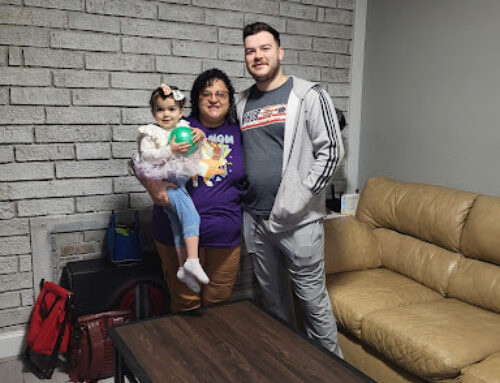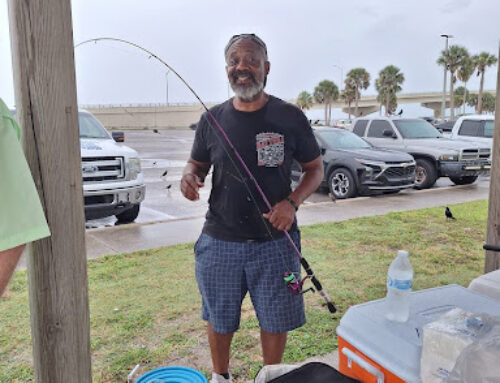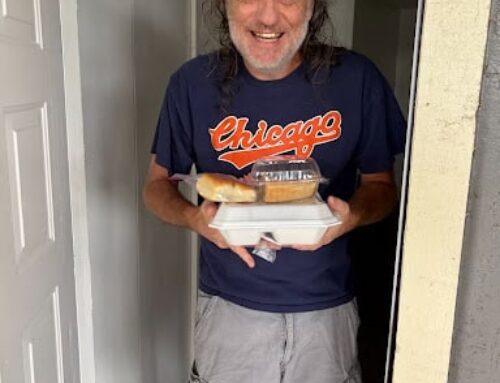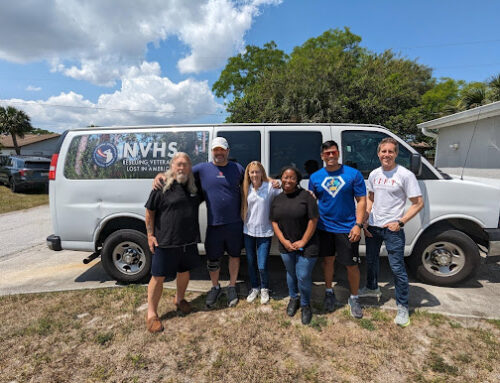Sleep disorders among veterans represent a widespread but often overlooked issue. These disorders significantly affect mental and physical health, hindering daily functioning and overall quality of life. Addressing sleep disorders effectively means understanding their causes and implementing solutions tailored specifically for veterans.
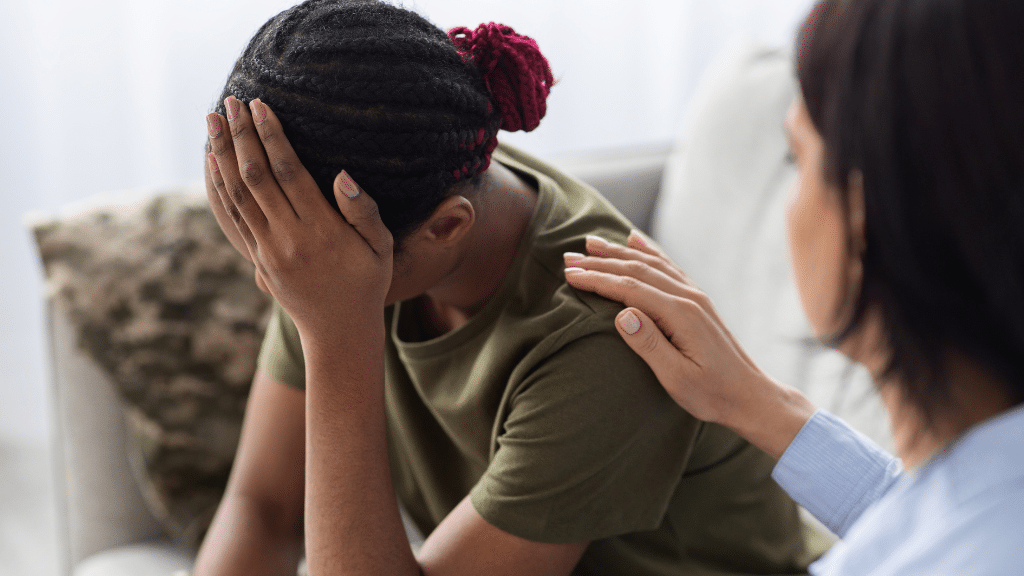
What Are the Causes of Sleep Disorders?
Veterans face unique challenges that contribute significantly to their trouble sleeping. Among these are mental health conditions such as post-traumatic stress disorder (PTSD) and physical health issues.
PTSD and Sleep Disorders
The relationship between PTSD and sleep disorders is particularly prevalent among veterans. Traumatic experiences, often linked to combat exposure, can trigger chronic sleep issues. For example:
- PTSD insomnia occurs when veterans struggle to fall asleep or stay asleep due to anxiety, intrusive thoughts, and heightened alertness linked to traumatic memories.
- PTSD nightmares involve recurrent and distressing dreams that vividly replay traumatic experiences, disrupting restful sleep.
- Anxiety-related sleep disturbances include general anxiety and stress that cause restless nights, difficulty relaxing, and frequent awakenings throughout the night.
These conditions make restful sleep elusive, leaving veterans physically and emotionally exhausted. Understanding the link between Veterans and PTSD can provide deeper insights into managing these complex sleep disturbances.
Sleep Apnea Among Veterans
Sleep apnea is a disorder in which breathing repeatedly stops and starts during sleep. It can lead to poor sleep quality and potential long-term health consequences. Obstructive sleep apnea (OSA) is the most common form, and it occurs when the muscles in the throat relax excessively, causing a blockage of the airway.
Sleep apnea, particularly OSA, is significantly more prevalent among US military veterans compared to the general population. Recent studies indicate that approximately 21% of veterans are diagnosed with OSA, more than double the 9% prevalence observed in nonveterans.
So, what causes sleep apnea in veterans? Several factors are involved:
- Exposure to harmful environmental conditions, such as burn pit exposure
- Obesity and weight gain associated with sedentary lifestyles post-service
- Stress-related muscle tension and anxiety
Comprehensively addressing these underlying causes is crucial for effectively treating sleep apnea in veterans.
Solutions for Sleep Disorders in Veterans
Addressing these sleep disorders involves multifaceted treatment approaches. Because PTSD-related sleep disturbances can result from complex psychological, physiological, and emotional factors, effective treatment requires a holistic perspective that integrates medical interventions, therapeutic strategies, and lifestyle adjustments.
Therapeutic Interventions
Traditional therapeutic methods, such as cognitive-behavioral therapy, are highly effective in treating PTSD-related sleep disorders. Learning how to treat PTSD is crucial, and therapy can help veterans reframe traumatic memories and establish healthier sleep patterns.
Holistic and Alternative Treatments
For those seeking natural remedies for insomnia or holistic approaches to addressing PTSD, these methods aim to reduce anxiety, promote relaxation, and facilitate better sleep:
- Mindfulness and meditation
- Yoga and gentle physical activity
- Acupuncture and massage therapy
- Herbal supplements such as valerian root, chamomile, and lavender
- Aromatherapy using calming essential oils such as lavender or sandalwood
- Consistent exercise routines
While these natural remedies offer considerable benefits, veterans should consult their health care providers before integrating new methods into their routines.
How to Deal With PTSD Nightmares
Nightmares associated with PTSD significantly disrupt sleep and overall mental health. Several strategies specifically target PTSD nightmares:
- Imagery rehearsal therapy is a cognitive behavioral technique wherein individuals mentally rehearse altered versions of their nightmares, changing distressing endings to more benign outcomes. This method has proven extremely effective in reducing nightmare frequency, improving sleep quality, and alleviating PTSD symptoms.
- Prazosin, an alpha-1 adrenergic antagonist, has been shown in multiple studies to reduce the frequency and intensity of PTSD-related nightmares. However, some research indicates variability in its effectiveness, highlighting the need for individualized treatment plans.
- NightWare is an FDA-approved smartwatch application that monitors sleep patterns and intervenes with gentle vibrations to disrupt nightmares without waking the user. Clinical trials have shown that it can improve sleep quality in individuals with PTSD-related nightmares.
Additionally, virtual care resources, such as telehealth services, offer convenient and accessible support to manage these challenging symptoms.
Addressing Sleep Apnea
Veterans diagnosed with sleep apnea often benefit from a combination of targeted treatments tailored to their specific needs. One of the most common and effective interventions is continuous positive airway pressure therapy, which helps keep airways open during sleep.
In many cases, lifestyle changes such as weight loss, improved nutrition, and regular exercise will help to reduce symptoms. For severe or structurally based cases, surgical options may be considered to correct airway obstructions. By implementing these interventions, veterans can experience significant improvements in both sleep quality and overall well-being.
Supporting Veterans Through Accessible Resources
Accessible resources play a crucial role in addressing sleep issues among veterans. National Veterans Homeless Support (NVHS) offers valuable tools and guidance to help veterans get the support they need promptly. By taking advantage of these resources, veterans and their families can see meaningful improvements in both their overall health and day-to-day quality of life.
Ways You Can Help
Public support plays a crucial role in addressing veteran issues comprehensively. Individuals looking to support veteran wellness initiatives can donate to organizations such as NVHS or get involved through volunteer programs or advocacy efforts.
Together, these collective efforts can ensure sustained support for veterans struggling with sleep disorders and related issues.
Toward Better Sleep and Better Lives
Addressing sleep disorders among veterans requires an informed, compassionate approach. By understanding the intricate relationship between conditions such as PTSD and sleep disorders and taking proactive steps toward comprehensive solutions, we can significantly improve veterans’ sleep quality and overall well-being.
Veterans deserve effective treatments and continuous support. Through combined medical, holistic, and community-driven solutions, sleep can become restful again, fostering healthier lives for those who have served.
NVHS seeks to eliminate homelessness among veterans in Central Florida. NVHS takes a proactive, intervention-based approach to homelessness by meeting homeless veterans where they are and helping them from there. Through programs such as Search and Rescue Outreach, NVHS helps homeless veterans get the supplies they need to survive, connects them with support and resources, and assists them in transitioning off the streets and into temporary or permanent housing. Some of our programs also include art therapy to help veterans heal. If you’re able, consider supporting our mission by donating or signing up as a volunteer.

